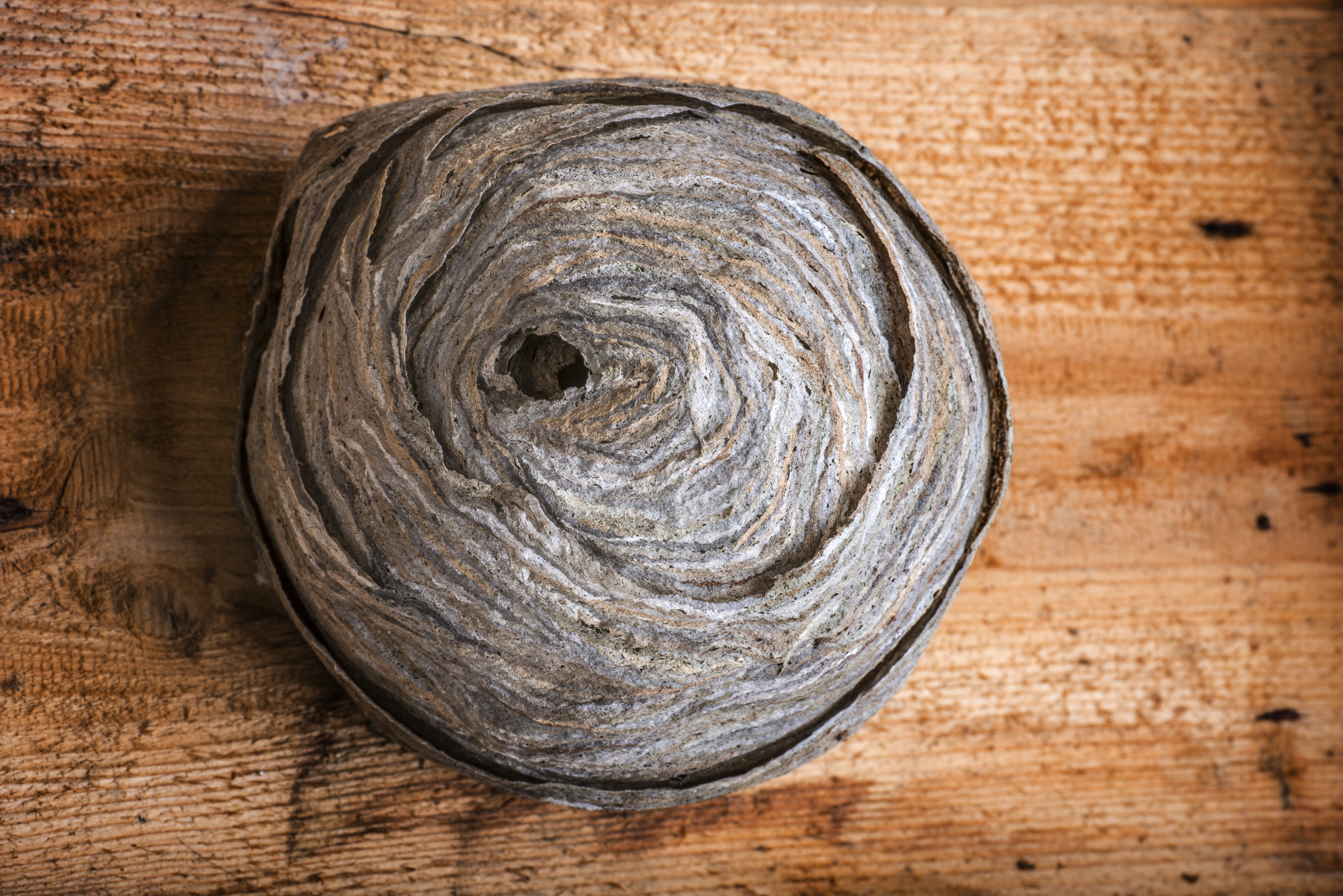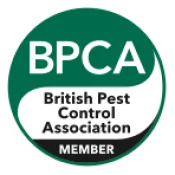WASP FAQs
Most frequent questions and answers
How long do wasps live?
Whilst a queen wasp will usually live for up to around one year, (hibernating alone during the first winter and then dying off when the cold weather sets in the following season after she has raised a nest), the adult worker wasps usually only live for between 12 and 24 days. Their continuous activity is the main reason for their shortened lifespan. The drone wasp meanwhile, lives slightly longer than the worker but will die soon after mating with the queen.
Do wasps pollinate?
Research is increasingly starting to show that wasps are indeed very valuable when it comes to pollination, although little is known currently about which flowers benefit. They are believed to more of an ‘accidental’ pollinator as they move from plant to plant carrying pollen. Certainly their contribution is not on the same scales as bees, but they still play an important role.
Do wasps die in winter?
All worker and drone wasps will die off in the autumn but mated queen wasps will hibernate alone during this period and emerge in the spring ready to start a new nest on their own.
What does a wasp’s nest look like?
A wasp’s nest has a number of characteristics. They are most commonly a faded grey colour and papery in texture. They are often balloon shaped and the outside is decorated with swirl-like design from the different wood fibres they have been harvesting. The inside contains honeycomb type layers of cells which the queen lays eggs in (which then develop to contain larvae). It can take a while for a nest to grow, but normally they become noticeable when they reach the size of a golf ball (dependent on location).
How long does a wasp’s nest last?
Nests are normally live and active for around 6-7 months (April to October) and tend to die out by mid to late Autumn. The temperatures start to drop at this time of year and this helps to naturally kill off the nest.
What do wasps do for the environment?
Wasps play an essential role in our environment. They assist in managing the number of other insect pests that can destroy our crops and garden plants, eg. Blackfly, greenfly and many species of caterpillar. They are also invaluable to pollination as they fly from flower to flower carrying pollen.
When do wasp’s leave the nest?
Usually in the autumn or very early winter. The colony will naturally die off when the colder weather starts to set in. Only the new queens will survive and hibernate over the winter.
How to get rid of a wasp’s nest?
We strongly advise against trying to remove a wasp’s nest yourself. It might seem like a good money saving idea and you’re likely to find guides and products online to help, however they are quite often inefficient and can be very dangerous. Nests can often be in high or awkward locations, and you’ll encounter a few angry wasps while you’re trying to dispose of their home! Getting up close and personal with a wasp nest is not recommended without adequate personal protective equipment and training!
What do wasps do?
Wasps actually play a very important role in keeping your garden looking pretty. As mentioned above, they carry pollen from flower to flower, helping pollination as they visit to find nectar. They’re also vital for our ecosystem because they help to control the number of blackfly, greenfly and caterpillars among other insects.
Do wasps die when they sting?
Although you might be disappointed to hear this after a nasty sting, wasps don’t die. The sting of this smart little insect has a smooth surface which means it can remove it after each sting, leaving them free to sting again, multiple times!!! They can actually also sting for a while after they have died, because the venom sac stays active for a short while. This is a contrast to the bee sting which gets lodged in the skin and causes lethal damage when a bee tries to fly away after stinging.
Does a wasp make honey?
Wasps do not produce honey in the same way as we associate with honeybees. Wasps do however feed on nectar and hunt for other sweet substances but instead of converting it into honey, they simply use it to keep their energy levels up.
How to deter wasps?
There are a number of things that discourage wasps. Many people light citronella candles to repel them, and other oils that may also help include peppermint, garlic and cayenne pepper oil. Some people recommend planting lavender, lemon balm or mint in your garden to keep them away too. Wasps have an incredible sense of smell so anything very potent may put them off, including cinnamon, coffee grounds, vinegar and even cucumber! However, once a nest is established, there is little or nothing that can be done to move them on without eradicating the nest.
Do wasps return to old nests?
Wasps do not reuse nests from previous years so if you happen to come across an old nest you can either leave it in place or remove it (just check it really is an old one first though!). Wasps are known however to come back to locations close by and build a new nest if it was a suitable location.











